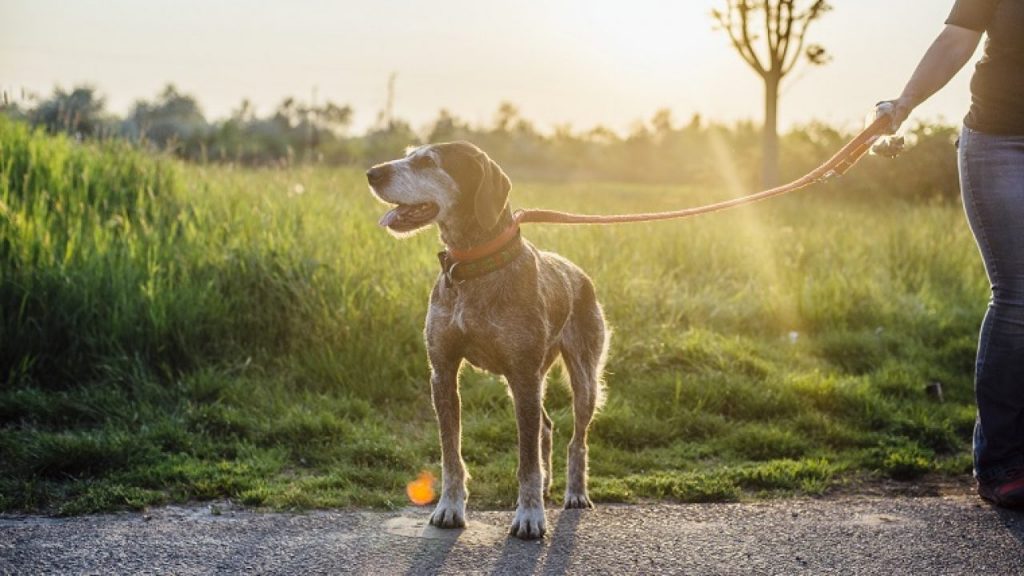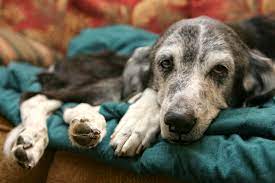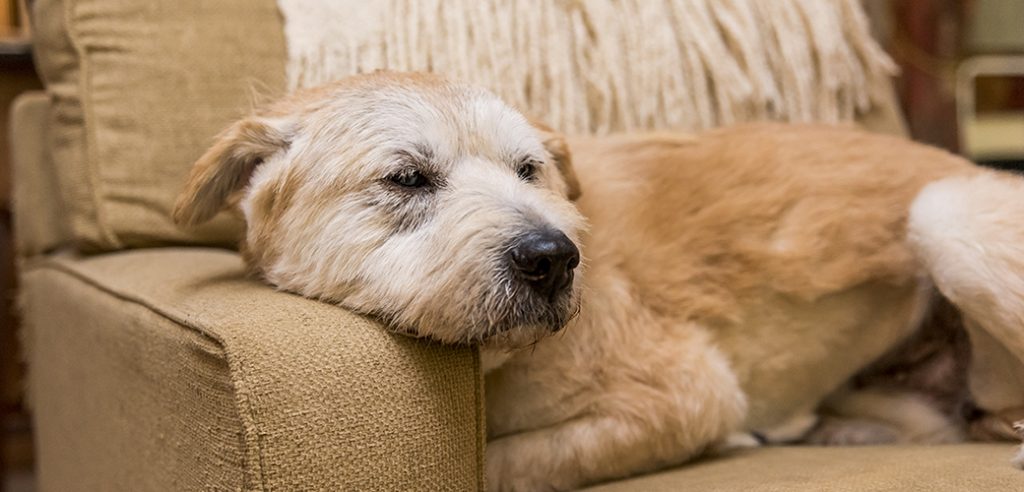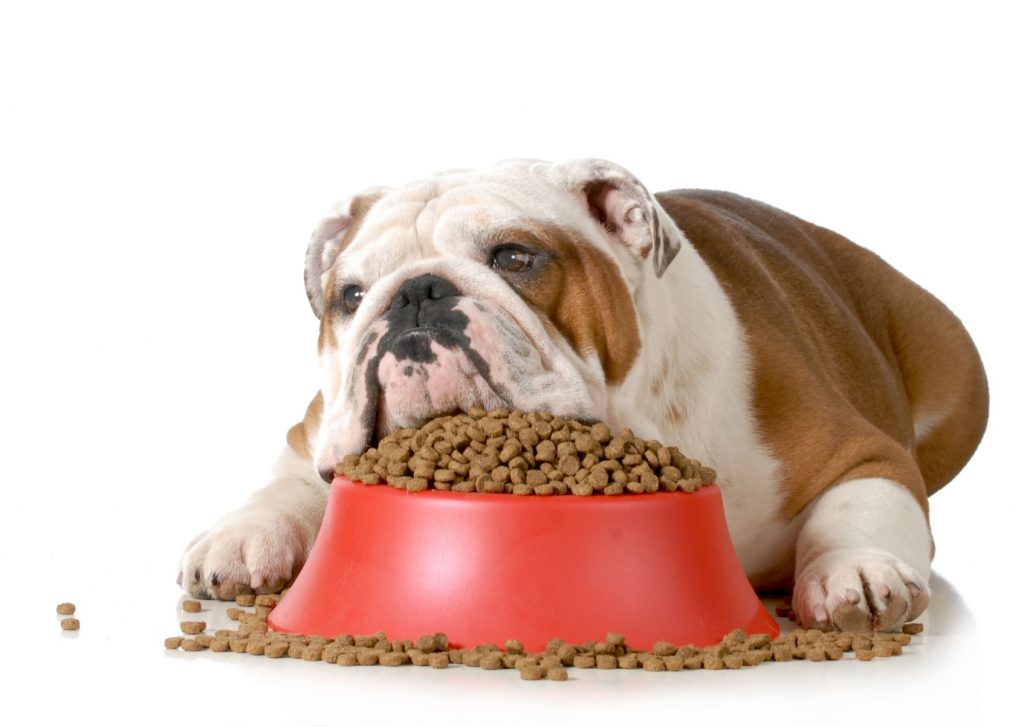 We all want our pets to live forever! With advancements in medical and surgical therapies we are living longer and happier lives; and much like ourselves, our furry counterparts are a living longer and better quality lives thanks to the aid of a good diet, regular veterinary health check-ups and consistent exercise.
We all want our pets to live forever! With advancements in medical and surgical therapies we are living longer and happier lives; and much like ourselves, our furry counterparts are a living longer and better quality lives thanks to the aid of a good diet, regular veterinary health check-ups and consistent exercise.
But how do we achieve the best possible health for our pets in their senior years? Well, our beloved pets age much quicker than humans. The average lifespan of a dog is 12 years and 14 years for a cat. They are considered be senior once they are over the age of 8 (dogs) and 10 (cats).
Age is not a disease itself, but we tend to find more issues in our pets as they reach senior citizen status. Aging happens to us all and we cannot stop the changes that follow. These are typically hearing loss, changes to vision, and a general decrease in activity. There are other detrimental changes and problems that can happen with time and being aware of what to look out for can greatly improve the health of our pets.
So what can we do to help?
I think we should first understand what our elderly patients are facing, and what we as owners can be on the lookout for. Problems can arise in the form of drinking/eating more/less than what has otherwise been normal and needing to toilet more frequently. Tummy upsets like vomiting and diarrhoea or not eating are also other signs which may alert us that a check-up is due.
Typically we find thyroidal, kidney disease, diabetes, or Cushing’s disease can be the cause. The good news is that if these are picked up early with your veterinarian, there are some relatively straight forward treatment options which will allow your pet to live a much better quality of life and often longer.
Dietary requirements also change with time. Elderly patients tend to require more protein and less carbs (sugars) as they age. The easiest way to ensure that you are giving your senior friend the right nutrients is to choose a high quality food such as, Royal Canin, Hills Science Diet, or Advance. These diets should be specific to suit the age group of your pet – for example puppy or kitten, adult, or senior foods. These do come in the forms of wet and dry foods which most animals do have a personal preference!
Dental care should be provided on a daily basis. Just like you and I brush our teeth. Doing this for our pets is definitely easier said than done! Most animals do not like having their teeth brushed. It can be made easier with training aids that we can discuss in consultation with you. At Mcdowall Vets tend to rely more heavily on regular teeth cleaning under a safe general anaesthetic as the second best option. This is typically performed annually but can be longer between cleans for those patients who are amenable to tooth brushing or ones that chew dental treats appropriately. Oravet, Greenies and Pedigree Dentistix are such examples. Bones are less favourable these days due to the risk of associated problems. Bones may cause fractured teeth, associated tummy bugs and upsets or the possibility of undigested fragments causing blockage of the bowels leading tothe need for life-saving and expensive surgery. If you are curious to see if your pet requires a dental, we offer a free dental examination to assess the general health of your pet’s mouth, and the need for a dental procedure.
 Regular low impact exercise (walking) to maintain muscle tone, enhance circulation, and promote healthy joints is important. The prevention of extra weight/obesity is paramount as those extra pounds may worsen a painful arthritic joint. The aid of pain-relief medicine will be required for those that are reluctant to walk or find it difficult to rise in the winter months, notably getting up from rest and those having troubles jumping up and navigating stairs. The use of low-level soft, stable bedding is encouraged and raising food and water bowls to reduce neck pain from leaning down to eat and drink.
Regular low impact exercise (walking) to maintain muscle tone, enhance circulation, and promote healthy joints is important. The prevention of extra weight/obesity is paramount as those extra pounds may worsen a painful arthritic joint. The aid of pain-relief medicine will be required for those that are reluctant to walk or find it difficult to rise in the winter months, notably getting up from rest and those having troubles jumping up and navigating stairs. The use of low-level soft, stable bedding is encouraged and raising food and water bowls to reduce neck pain from leaning down to eat and drink.
Nail clipping is very important as our pet’s age. Brittle nails that grow beyond normal length have reduced wearing due to lack of use through reduced activity. These should be clipped to an appropriate length to avoid toes becoming uncomfortably twisted.
 Annual vaccinations and health checks are a must. Being aware of physical changes- loss of hearing, smelly breath, lumps, changes in appetite, drinking and toileting habits, vomiting and diarrhoea. All would suggest a visit to the vet practice is required. McDowall Veterinary Practice recommends a regular free 6 monthly senior consultation visit which involves giving a history, physical exam, and free urine testing to ensure your pet stays healthy. We generally suggest that blood screenings should be done annually at this senior consultation as many problems can go undetected without this. Early diagnosis is key to treating and preventing any bigger problems which may develop.
Annual vaccinations and health checks are a must. Being aware of physical changes- loss of hearing, smelly breath, lumps, changes in appetite, drinking and toileting habits, vomiting and diarrhoea. All would suggest a visit to the vet practice is required. McDowall Veterinary Practice recommends a regular free 6 monthly senior consultation visit which involves giving a history, physical exam, and free urine testing to ensure your pet stays healthy. We generally suggest that blood screenings should be done annually at this senior consultation as many problems can go undetected without this. Early diagnosis is key to treating and preventing any bigger problems which may develop.
 Prevention is always better than treatment/cure. If you notice any of these signs with your beloved pet we encourage you to give us a call so that we can assist with options in improving your animal’s quality of life. At McDowall Vet Practice we are passionate about ensuring that you and your pets enjoy a high quality of life and special moments well into the geriatric years. With all of the tools available to us nowadays we can help to ensure that our pets golden years are some of the best of their lives. We think this is the least that they deserve, don’t you?
Prevention is always better than treatment/cure. If you notice any of these signs with your beloved pet we encourage you to give us a call so that we can assist with options in improving your animal’s quality of life. At McDowall Vet Practice we are passionate about ensuring that you and your pets enjoy a high quality of life and special moments well into the geriatric years. With all of the tools available to us nowadays we can help to ensure that our pets golden years are some of the best of their lives. We think this is the least that they deserve, don’t you?




